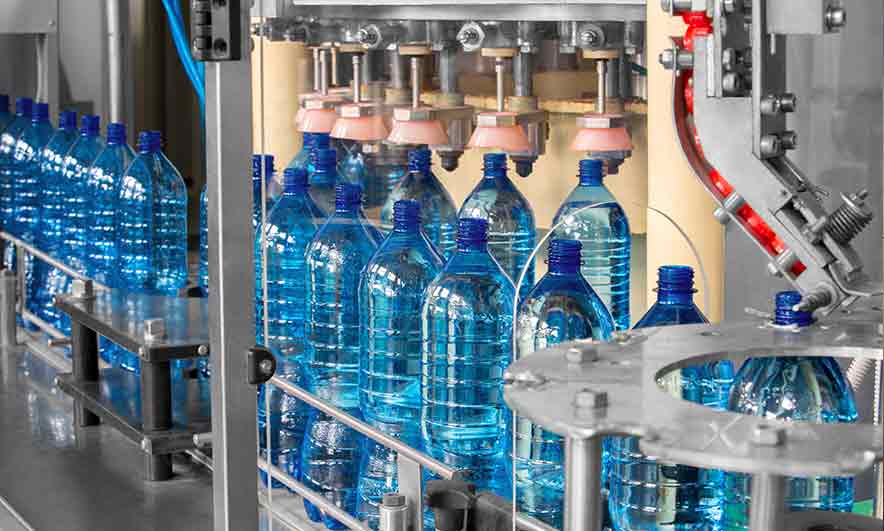Embracing Automation in the Food & Drink Industry

Food production and distribution is rightly subject to complex laws and continuous quality control. Whether through manual or automated processes, there are always tight protocols to ensure that every single edible product leaving the facility is safe for consumption. From the processing of livestock at abattoirs, or dairy production, to sandwich manufacturers, biscuit factories, and bottling plants, companies must consider the impact of their equipment on their production processes and how this can impact food safety standards.
They face challenges to meet consumer demand, to avoid cross-contamination with allergens – and then add to that the machines and cables in each of these manufacturing rooms need to withstand a range of aggressive conditions. Some will have to face water pressure from frequent wash-down, others will be subject to extremes of temperature. Most require that any equipment not add to the risk of bacterial spread around the facility and balance that against using a low smoke zero halogen sheathing material to protect staff and equipment in the event of fire.
Take, for instance, Polyurethane (PUR) sheathing on power and control cables used on conveyors and production lines which can prevent microbial growth (and wider cross-contamination) and protect against the string detergents used in cleaning processes. In other cases the choice of cable is dictated by the mechanical stresses it is subject to – if it flexes does it need to be have a steel wire braid? – or the installation environment where EMC screening may be needed. Signal and data transmission speeds and volume may also be considered, especially where BUS cables for industrial fieldbus systems are utilised.
Leading names in the industry such as Nestle are embracing the advancements in industrial automation and adapting them to meet their own requirements. The company has committed to faster delivery of KitKats to their customers through a robot-run factory facility in Leicestershire, automating the storage and materials handling work (just as they already do at their plant in Bavaria).
Whilst the transfer of jobs from humans to automated systems can cause concern in some circles, the advent of equipment and processes to increase production and improve quality offsets many of the arguments against it. There's something great about a handmade, hand-finished product, but to deliver it safely and at scale requires machinery and automated systems. The cables that support these applications are simply another component in this tightly controlled and competitive industry.